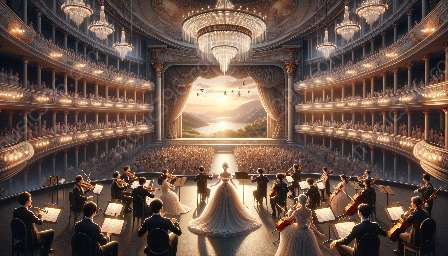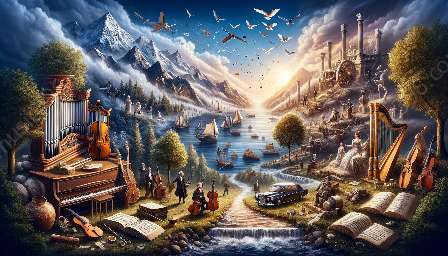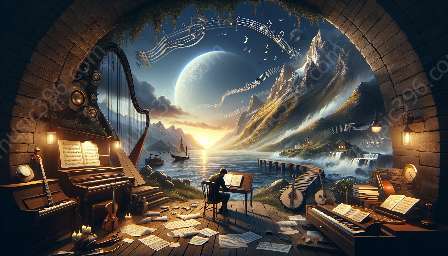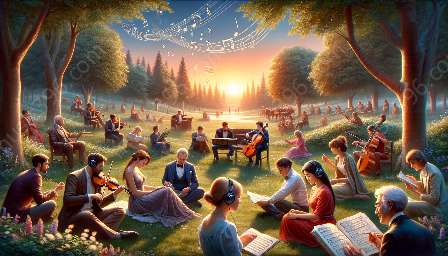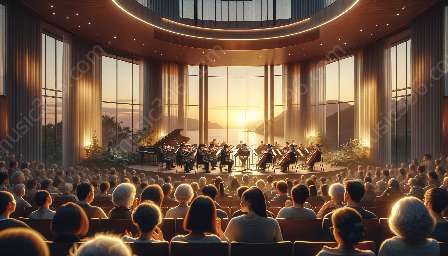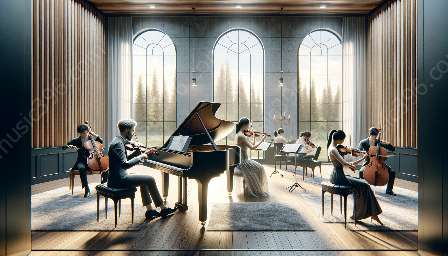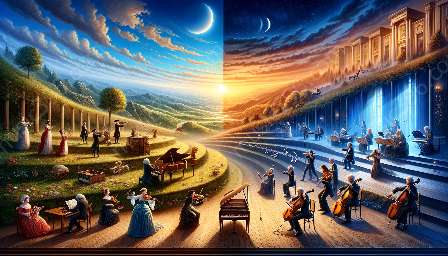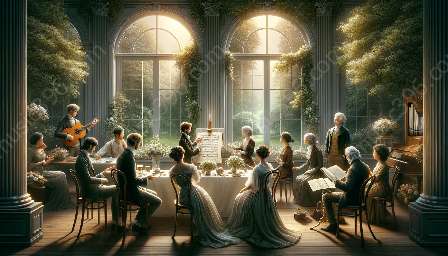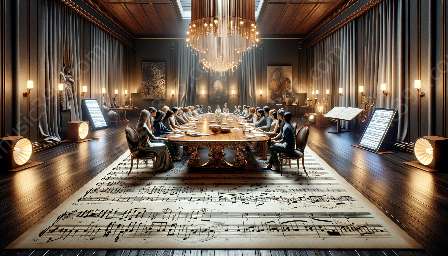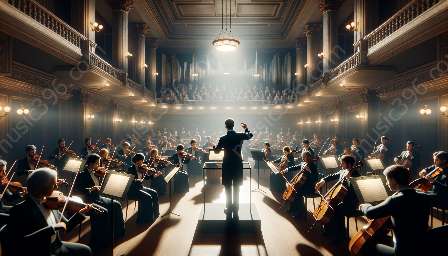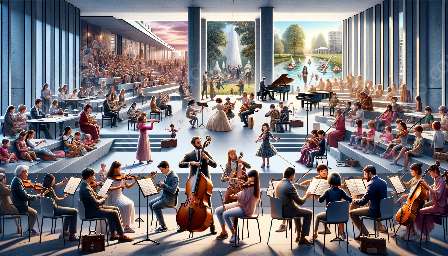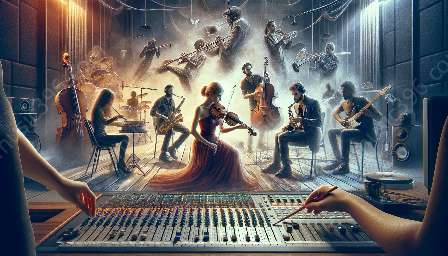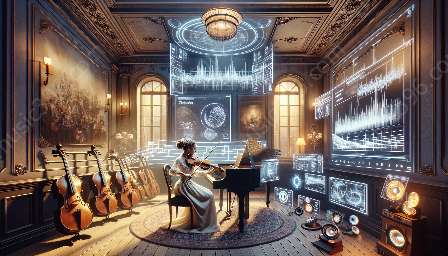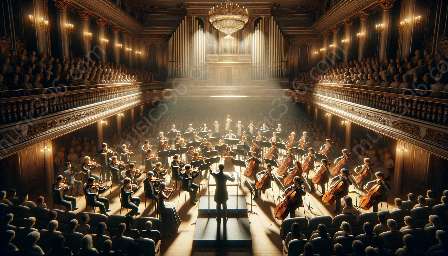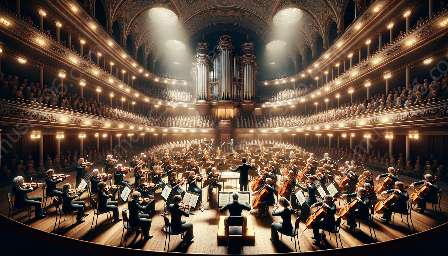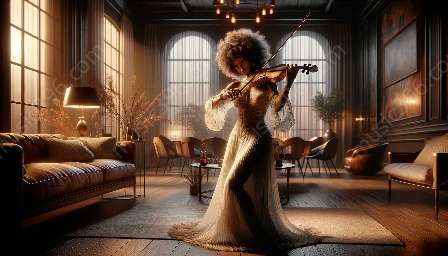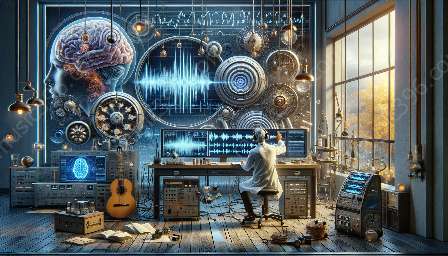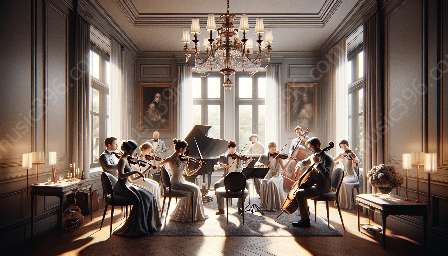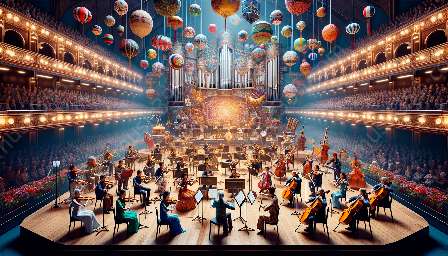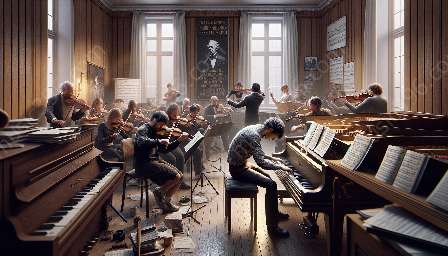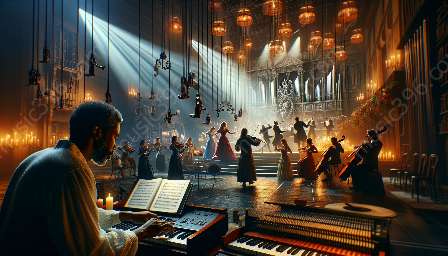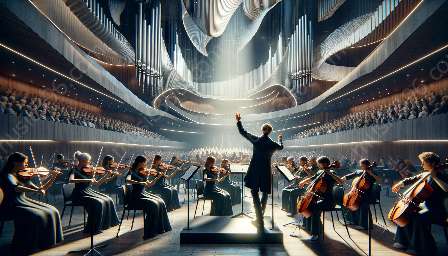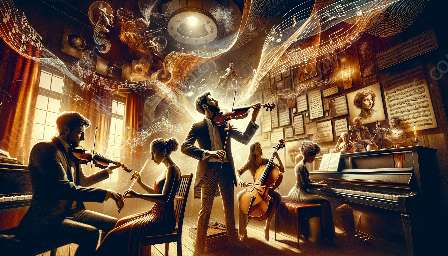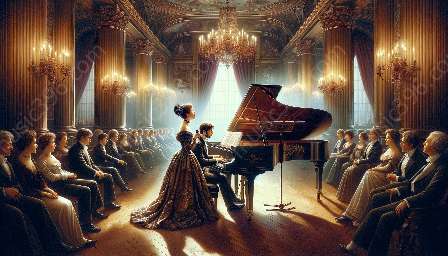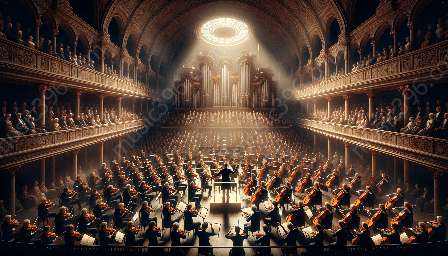Classical music, with its rich heritage and diverse compositions, has a deep connection with political and historical events. It often serves as a mirror, reflecting the prevailing political ideologies, social movements, and historical happenings of its time. Through analyzing classical music's influence on politics and history, we can understand how it evolved and adapted to various periods, leaving behind a fascinating legacy.
The Baroque Era: Reflecting Royalty and Religious Influence
The Baroque era, covering the years from about 1600 to 1750, was marked by a strong influence of royalty and the church. Composers such as Johann Sebastian Bach and George Frideric Handel created music that often revolved around themes glorifying royalty, religion, and gods. Their compositions were intertwined with the political and religious narratives of the time, showcasing the power and authority of the ruling class, as well as the spiritual fervor of the church.
Influence of the Enlightenment: Transitioning into the Classical Period
As the Enlightenment period brought about a shift in political and social ideologies, classical music also underwent a transformation. Composers like Wolfgang Amadeus Mozart and Ludwig van Beethoven began to focus on individual expression and the exploration of human emotions. The political upheavals and revolutions that characterized this era found their way into the music, with compositions reflecting the spirit of nationalism and aspirations for freedom.
Romanticism: Expressing Nationalism and Social Change
The Romantic era, encompassing the 19th century, was a time of significant political and social change. Composers such as Pyotr Ilyich Tchaikovsky and Johannes Brahms composed music that celebrated national identities and expressed emotions evoked by historical events and societal struggles. The romantic composers used their music to portray the sentiments of their nations, reflecting the turbulent times they lived in.
Impacts of World Wars: 20th Century Classical Music
The two World Wars of the 20th century had a profound impact on classical music. Composers like Dmitri Shostakovich and Benjamin Britten conveyed the horrors of war and the human suffering through their compositions. Music became a medium to express the trauma and devastation caused by the conflicts, and it also served as a form of resistance against oppressive regimes, giving a voice to the silenced masses.
Persistence of Classical Music and Its Modern Reflections
Despite the changing landscape of politics and history, classical music has persisted and continues to reflect contemporary events. Composers such as John Adams and Philip Glass have utilized their music to address current societal issues, environmental concerns, and political struggles. Their compositions serve as a medium for dialogue and reflection on today’s pressing matters, showcasing the enduring relevance of classical music in reflecting political and historical events.
In conclusion, classical music has always been intertwined with the political and historical context of its time. Through the evolution of different eras, from the Baroque to the modern age, classical music has reflected the changing dynamics of society, politics, and history. Analyzing classical music's influence on politics and history provides a deeper understanding of its role in shaping and resonating with the world around it.

